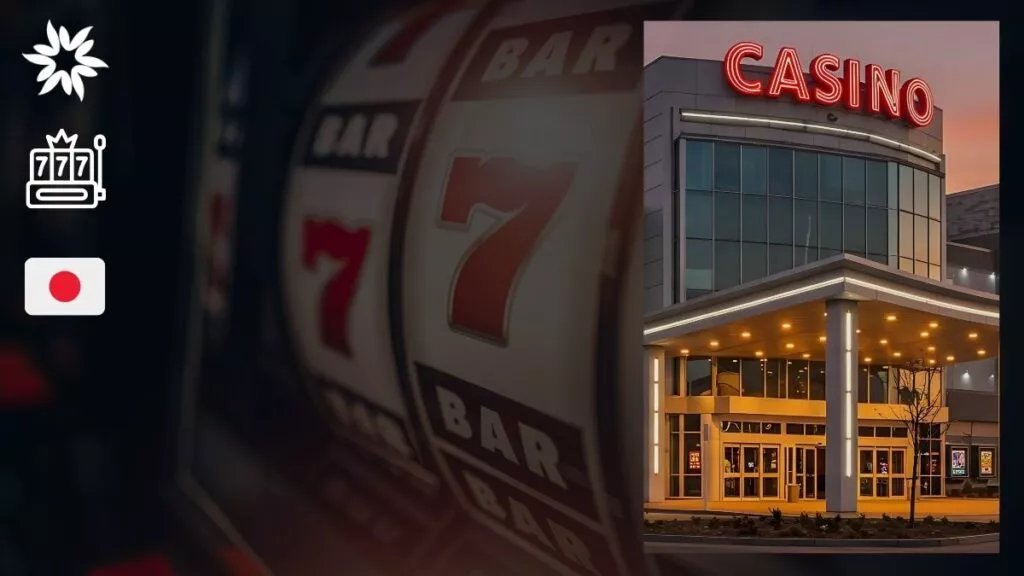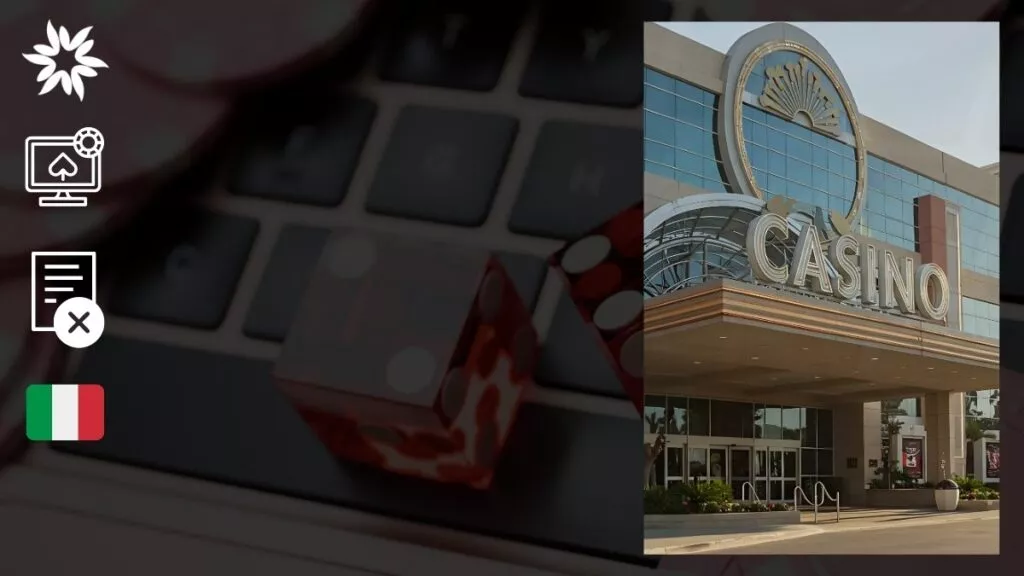Across global demographics, gambling disorder, clinically recognized as a behavioral addiction, continues its troubling spread.
But a specific trend is drawing growing concern among health experts: research shows segments within the LGBTQ+ community battle disproportionate odds when it comes to gambling-related problems.
The hunt for answers is now intensifying. As advocacy groups call for further investigation into these disparities, it’s becoming clear that without understanding the unique problems facing certain LGBTQ+ subgroups, efforts to build effective support systems will ultimately fall short.
Prevalence of Gambling Addiction in LGBTQ+ Communities
Findings indicate that certain individuals within the LGBTQ+ community experience higher rates of gambling addiction compared to their heterosexual counterparts.
For instance, research conducted by Bournemouth University revealed that gay and bisexual men are seven times more likely to face severe gambling-related harms than heterosexual men.
Similarly, gay, lesbian, and bisexual women reported disordered gambling scores 2.57 times higher than those of heterosexual women.
Contributing Factors to Increased Risk
A perfect storm of social and psychological pressures appears to be driving higher rates of gambling addiction among LGBTQ+ individuals.
These aren’t isolated risk factors but interconnected challenges that often spiral into problematic gambling behaviors.
Minority Stress
The relentless grind of minority stress — that unique brand of chronic pressure faced by stigmatized groups — looms large in the data. Daily encounters with homophobia, transphobia, and institutional barriers wear down mental defenses over time.
Bournemouth University researchers have drawn direct lines between this persistent stress and skyrocketing rates of depression and anxiety among LGBTQ+ individuals — conditions that often send people searching for escape through gambling.
Social Isolation
For those cut off from family dinner tables or childhood faith communities, the resulting isolation creates a dangerous vulnerability.
Many turn to gambling not just for the thrill of it, but for something that feels increasingly rare: a sense of belonging.
Co-occurring Disorders
Perhaps most concerning is the tendency for problems to cluster. The Journal of Gambling Studies has documented striking correlations between gambling issues and substance use among LGBTQ+ populations — a phenomenon that has become a central focus in research on overlapping addictions.
As intervention programs evolve, addressing these overlapping vulnerabilities has become a central focus for health professionals working with at-risk LGBTQ+ communities.
Subgroups at Higher Risk
Not all members of the LGBTQ+ community share equal vulnerability to gambling addiction, according to researchers who have identified specific subgroups facing substantially higher risks.
These patterns, experts say, point to the need for more targeted intervention approaches rather than one-size-fits-all solutions.
Transgender and Non-binary Individuals
Transgender and non-binary individuals navigate a particularly treacherous landscape when it comes to gambling sex, and addiction risks. The combination of healthcare barriers, housing discrimination, and employment challenges creates what one specialist describes as “a perfect storm of vulnerability.”
Criminal Justice and Criminology researchers have documented how these daily stressors, coupled with identity-based trauma, can push trans folks toward gambling as a temporary escape valve from crushing societal pressures.
LGBTQ+ Youth and Adolescents
The data paints an equally concerning picture for LGBTQ+ youth, particularly those weathering family rejection or school bullying. Without stable support networks, many turn to gambling’s momentary thrill to numb emotional pain.
School counselors report seeing the pattern emerge early. “By the time we identify problematic gambling behavior, it’s often already intertwined with coping mechanisms for deeper issues,” says one education professional.
Prevention specialists emphasize that early intervention, through inclusive mental health resources and affirming community spaces, remains crucial to interrupting these destructive patterns before they become entrenched behaviors.
Strategies for Prevention and Support
Rates for problem gambling continue to rise in the world, but generic anti-gambling campaigns miss the mark for LGBTQ+ individuals struggling with this addiction. The community’s unique challenges demand more sophisticated, identity-affirming approaches.
Traditional prevention models have consistently failed to address the specific risk factors and lived experiences of LGBTQ+ individuals. This oversight has contributed to higher rates of problem gambling remaining unaddressed in these communities.
Culturally Competent Care
Treatment programs showing the most promise share one defining characteristic: staff trained specifically in LGBTQ+ issues and experiences.
The Maryland Center of Excellence on Problem Gambling has emerged as a leader in this approach, emphasizing what they call “cultural humility” – ongoing education that helps clinicians recognize their own biases while staying current on research about vulnerable populations.
These programs create environments where individuals can focus on recovery without facing additional barriers related to their identity.
Community Outreach and Education
Raising public awareness about gambling addiction plays a key role in reducing gambling-related harm, especially when targeted at specific groups.
Outreach efforts that directly engage LGBTQ+ spaces have proven particularly effective at starting crucial conversations about gambling risks.
Bournemouth University’s participation in the Bourne Free festival exemplifies this strategy. By establishing a visible presence at pride events, researchers and counselors have opened dialogues in non-clinical settings where people feel more comfortable discussing sensitive topics.
This approach breaks through traditional barriers to awareness and education about gambling addiction.
Support Networks
Perhaps most transformative are the peer-led support networks emerging both online and in-person, offering judgment-free spaces for those struggling with gambling issues.
These communities foster connection precisely where isolation once fueled addictive behaviors. The shared experiences within these groups create understanding that traditional support systems often lack.
Building Better Support Systems for LGBTQ+ Gamblers
The disproportionate impact of gambling addiction on LGBTQ+ populations highlights urgent needs in research, prevention, and treatment.
Experts increasingly point to culturally-informed strategies, which offer the best path forward to reduce gambling-related harm while supporting community wellbeing.
With appropriate resources and approaches, there’s real potential to bridge the gap — and to ensure that support reaches people who need it most.








